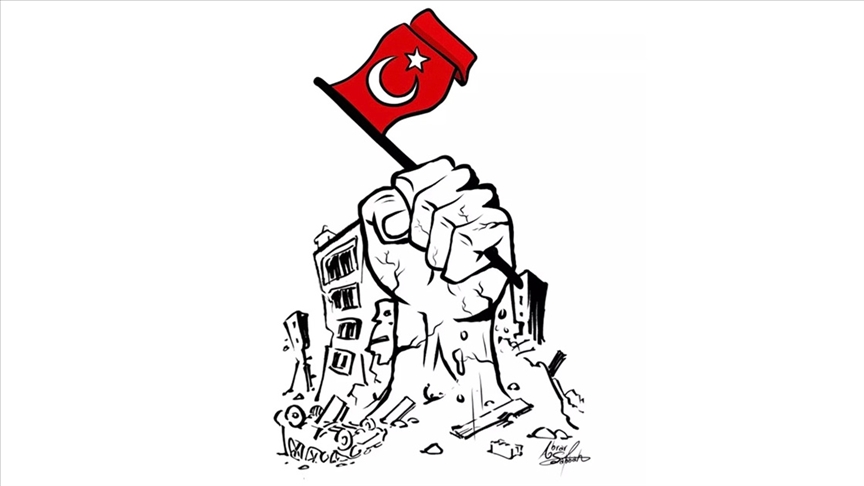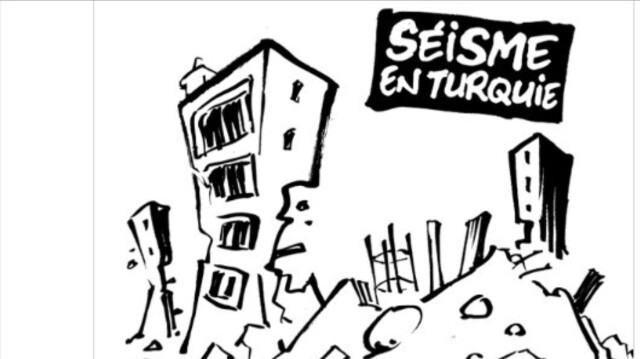Several months after the Battle of Uhud, a delegation from the Adal and Qara tribes came to Medina and announced that Islam had begun to spread within their tribes and asked Muhammad (pbuh) to teach them how to read the Quran and to send people to them who could teach them Islam. A delegation of ten people was sent by Prophet Muhammad (pbuh), led by Asim ibn Thabit (or Marsad ibn Abu Marsad). They camped near the Raji water within the lands of the Khuzayl tribe, which is located between Mecca and Usfan. One of the representatives of the tribe who had asked for a delegation from the Prophet was traveling alongside the delegation. This representative notified the Lihyanis of the location of the delegation; the Lihyanis was a branch of the Banu Khuzayl who displayed hostility against the Prophet. An armed group of 100 men immediately took action and conducted a raid against the Muslims (Safar 4/July 625). Seven companions were martyred, including Asim ibn Thabit and Marsad ibn Abu Marsad. Of the remaining three Abdullah ibn Tariq was killed on the road. Hubayb ibn Adi and Zayd ibn Desina were taken to Mecca and sold to the Quraishis, who wanted to seek revenge for their relatives who had been killed in Badr. The idolaters of Mecca imprisoned these two Companions for a period, and after the sacred months had ended they took these two companions to the vicinity of Tan'im, outside the city. They were promised release if they were to renounce Islam in front of a crowd. Yet the two companions reiterated their commitment to Islam and the Prophet, showing that they were not afraid of death on the path of Allah and the Prophet. Upon this, they were martyred by the idolaters. Hudayb ibn Adi had asked for a permission to pray two raka'ahs and ended his salah as quickly as possible, to prevent the idolaters from thinking that he was prolonging his prayer in fear of death. This prayer has become a tradition of Muslims who believe that they are about to be executed throughout Islam.
The Raji incident and the following developments caused great sadness in Medina. This attack and massacre presented a casus belli, and the Prophet organized a campaign against the Banu Lihyan tribe to "retaliate", with 200 men, 20 of whom were horsemen. (Rabi'al-awwal 6/July-August 627). However, since the Lihyanis learned of this campaign and retreated to the mountains, the Prophet remained on their land for two days before he returned.
Subscribe to:
Post Comments (Atom)









No comments:
Post a Comment